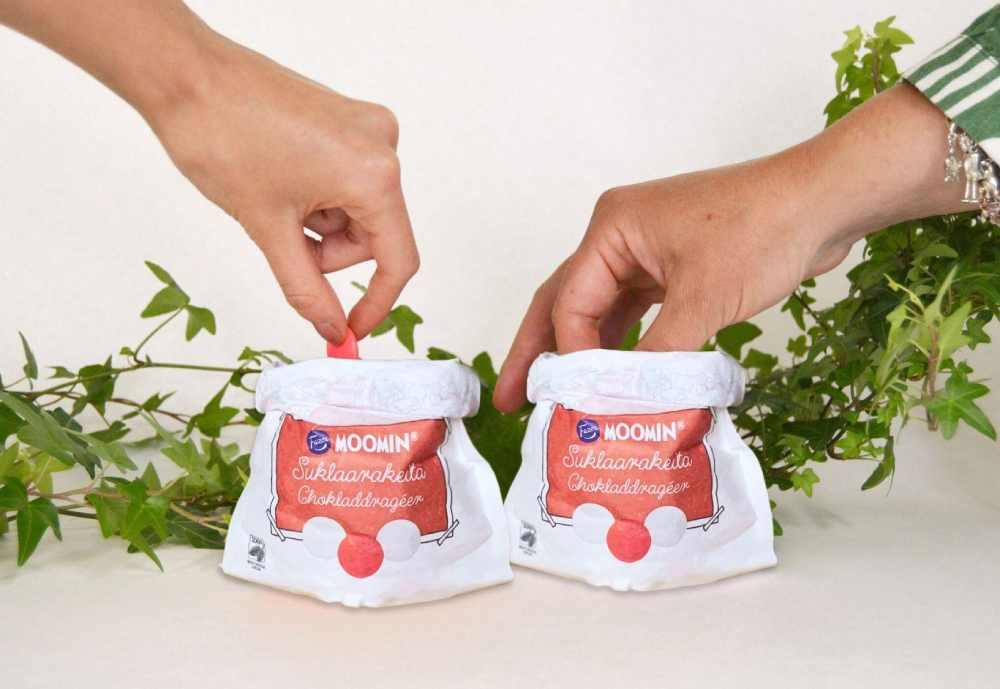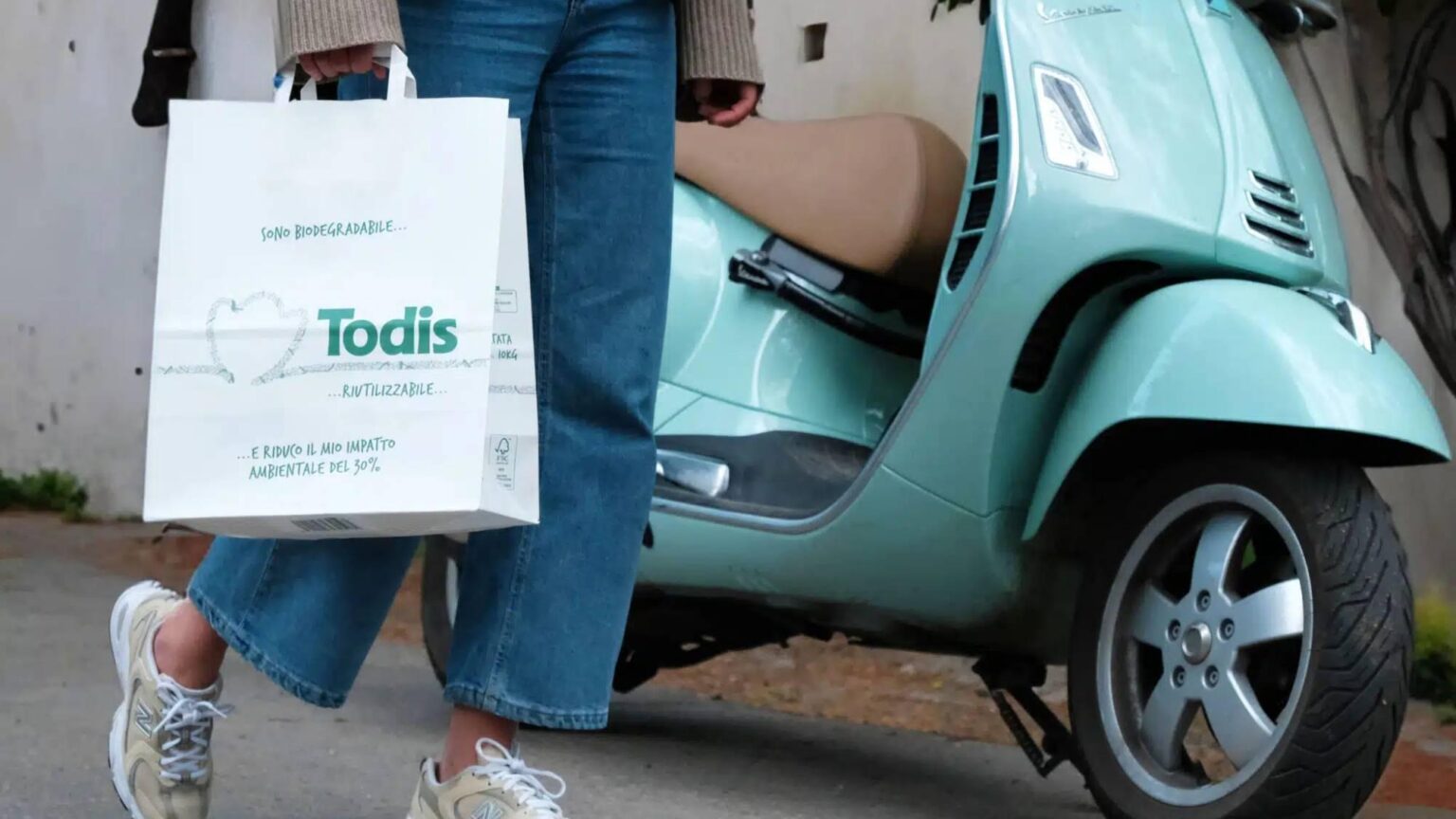Finnish plastic alternative pioneer, Paptic, has successfully secured €23 million in funding to advance its manufacturing partnerships, expand its product portfolio, and enhance global product availability. The funding round saw participation from both existing and new investors, including Ecolab, a prominent American provider of water, hygiene, and infection prevention solutions, and the European Circular Bioeconomy Fund (ECBF), a German growth-stage venture capital fund.
Highlighting the diverse applications of Paptic’s recyclable materials, the ECBF emphasized their potential to serve as an outstanding foundation for reducing the reliance on fossil materials in packaging. Paptic’s CEO, Tuomas Mustonen, expressed satisfaction with the outcome, stating, “With this funding, we will improve our market presence, sales network, and services to our customers. Additionally, this investment will enable us to further strengthen our sustainability performance and expertise.”

The funding round attracted both new and returning investors, with ITOCHU, one of Japan’s largest general trading companies, among the returning participants. Paptic also secured a non-dilutive capital loan of €10 million from the Finnish Climate Fund, specifically aimed at scaling up its foam-based manufacturing technology.
Investors were drawn to Paptic’s rapid growth trajectory, transforming from a startup into a growth company with products utilized by over 100 customers globally. The company has achieved over 100% annual revenue growth for four consecutive years, setting a target to reach €100 million in revenue by 2026. Paptic’s near-future objectives include reinforcing its presence in Europe, accelerating growth in Asia, and exploring expansion opportunities in regions such as North America.

Paptic aims to address the global flexible packaging market, estimated at over €200 billion annually, with plastics dominating 70% of the materials. The company’s award-winning materials have the potential to replace plastics in nearly half of the identified use cases, aligning with the growing commitment of numerous companies to transition away from plastic-based packaging.
Finland’s strategic position in fostering bio-based solutions, coupled with a robust industrial cluster, cutting-edge expertise, favorable business and research environments, and abundant raw materials, contributes to the emergence of innovative plastic-free solutions. Helvi Väisänen, Senior Advisor for Bio and Circular Economy at Invest in Finland, highlighted these factors as key drivers behind Finland’s role in pioneering sustainable alternatives.

